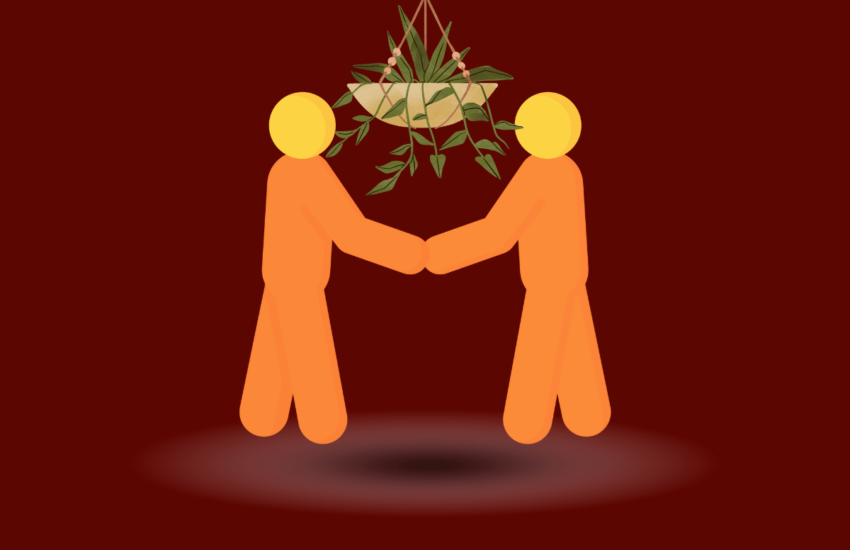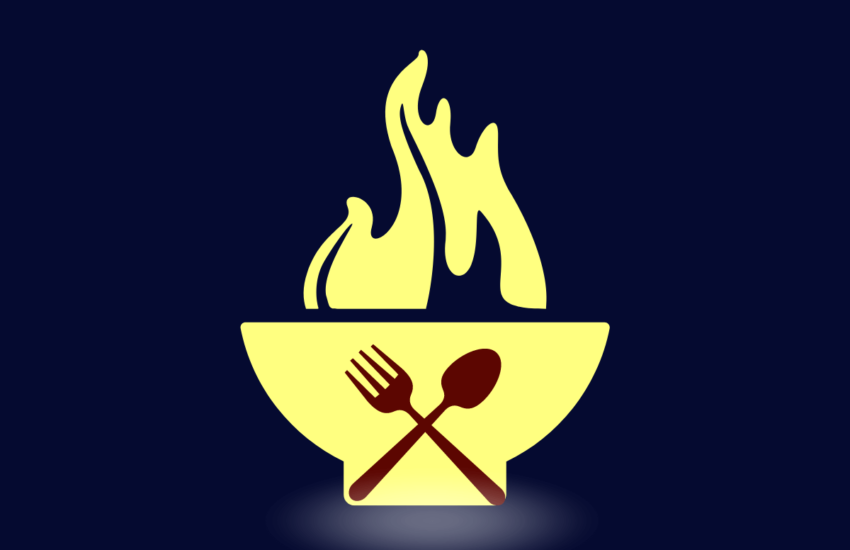Sleep vs Food: What is More Important?
The ancient Greeks believed that sleep is a special gift sent to a person by the God of sleep – Morpheus. Scientists around the world have proven that full sleep is of great importance for our physical, emotional and mental life.
Sleep is an active (not passive) very complex, multicomponent, organized and strictly structured state of the brain and the entire human and animal body necessary for life. Consciousness is turned off during sleep, but there is an active work of special parts of the brain. Sleep determines the quality of our lives.
If you decide to follow a diet and give up a full meal for one week. How will you feel in seven days? You will probably feel hungry, a little weak, and maybe become slimmer. Otherwise, you’ll be fine.
Now, let’s say you give up sleep for a week. Not so great. After a few days, you will be almost unable to function.
In the modern high-speed rhythm, trying to be in time everywhere, we very often sacrifice sleep, consciously reducing the time of night rest for our body. Is such a sacrifice justified? No. Studies by scientists suggest that even a slight reduction in sleep time can have a detrimental effect on our health, mood, mental abilities and productivity in general. Accordingly, the operation of such a complex system as our body is disrupted.
Why Do You Need to Sleep More Than 7 Hours?
A healthy adult should sleep 7-9 hours, but for many, these numbers are unattainable. Work, family, leisure – every area of life requires time, so there is very little time left for rest. And some people think that their body does not need so much sleep and quite costs 5-6 hours. But the experiment described below suggests the opposite.
The participants were in the absence of natural light and clocks, so they could not track the time of day, they were guided only by the biological clock. They were asked to go to bed when they felt tired. As a result, 95% of the subjects in such conditions slept 7-8 hours, 2.5% slept more than 8 hours, and, accordingly, 2.5% slept less than 7 hours. What is the conclusion? The natural need of the body of most people is a healthy 8-hour sleep. And only a small percentage of people can confidently say that less than 7 hours is enough for them to fully recover their strength and energy.
Sleep As a Means of Memory Training
Memory as a physiological process is poorly studied by scientists. However, many researchers agree that it has a direct effect on the pictures and images that people see in their dreams. Those people who regularly do not get enough sleep, very often show unsatisfactory results in memory tests.
Belgian scientists conducted an interesting experiment. The volunteers were shown the images and then given time to rest. Those who suffered from insomnia were able to remember fewer images when they were shown again than those who had had a good night’s sleep.
Sleep and Hormones
There are physiological hypotheses which suggest that sleep is necessary to maintain health and restore order in the body. The body really needs time to rest and, without solving current problems, do small “repairs”. In addition, sleep is closely related to the cycles of certain hormones: for example, cortisol always rises early in the morning – regardless of whether a person is awake or not. Growth hormone is released during sleep and is needed not only for children, but also for adults – for the synthesis of a number of proteins and wound healing.
There is also a neurobiological part, that says if we sleep with the brain, it means that it needs it. It usually “feeds” on the glucose that the blood brings, but the supporting brain cells can store glycogen , or more complex carbohydrates. Apparently, sleep helps to increase their reserves. There is also a version that this process is needed to “wash out” the accumulated “garbage” from neurons — cells that process, store and transmit information using electrical and chemical signals.
What Happens If You Don’t Sleep?
With a lack of sleep, people begin to gain weight. On the one hand, a person has impaired cognitive control, and he eats too much to have at least something good in life. On the other hand, the metabolism changes, the sensitivity of cells to insulin decreases, and this is a fundamental fact for type 2 diabetes. According to statistics, this disease, coupled with obesity, often develops in sleep-deprived people.
In addition, there are various violations of the formation of immunity. There were experiments when people were vaccinated against influenza or hepatitis A and compared two groups: those who get enough sleep and do not get enough sleep after vaccination. It turned out that the latter were much slower and formed antibodies in smaller quantities. Also conducted research related to the observation of a way of life. It turned out that if the subjects do not get much sleep, the probability of catching a cold or flu becomes higher, as the immune system functions worse.
Summary
Only a rational approach to the daily routine and a responsible attitude to the sleep regime will allow you to be cheerful, active and gushing with ideas. Remember that a healthy and full sleep is the key to physiological and mental health.


